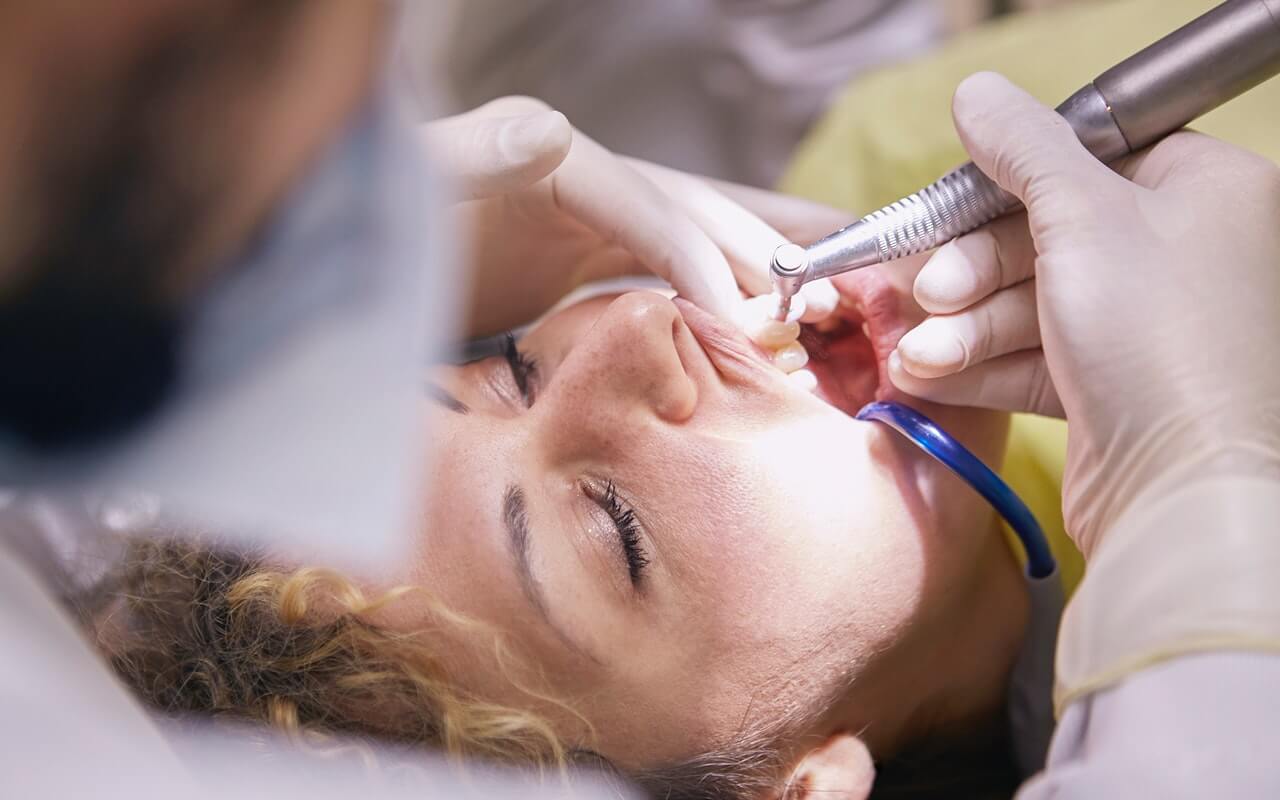Adults are gradually turning to dental implants to replace missing teeth. Implants are also often used to help stabilize a denture for comfort and functionality. These implants are a safe choice for people who have lost one or more teeth because they integrate with the jaw bone and support the artificial teeth.
Dental implants will last you many decades if properly cared for at home with good oral hygiene and regular maintenance with your dental health care provider. The following are some suggestions for extending the life of your dental implants:
Tip No. 1: Use a toothbrush with soft bristles.
A great thing about implants is that they can be cared for just like your natural teeth. A toothbrush with soft bristles is less likely to cause gum damage or bleeding, and it is just as good at removing tartar and plaque as medium or hard-bristled toothbrushes. Clean slowly and softly; refrain from brushing too hard.
Tip No. 2: Avoid using abrasive dental materials.
Use toothpaste that is not abrasive to the exposed parts of the implant. Toothpaste with abrasive materials has been shown to damage the surface of dental implants.
Tip No. 3: Don’t forget to floss.
Flossing is more important than ever with dental implants. This is because plaque can easily settle around the implants, causing oral hygiene issues. There are several flosses available that are designed especially for dental implants. They have two rigid nylon ends and a soft core that gently cleans the dental implant surface and the porcelain that comes into contact with the teeth.
Tip No. 4: Use a water flosser.
A water flosser, also known as an oral or dental water irrigator, can wash out bacteria up to 6 mm deep. When used properly, it is an excellent mechanical supplement to your home care, giving teeth, crowns, and implants a “shower” and reducing the total bacterial population in crevices that floss and brush cannot reach.
Tip No. 5: Use occlusal protective guards.
If you grind or clench your teeth, it is recommended you wear an occlusal guard or a night guard. This appliance will reduce the forces on your implants if you unknowingly grind or clench your teeth at night.
Tip No. 6: Live a healthy lifestyle.
The longevity of your implants can also be determined by your overall lifestyle choices. One of the major factors that can lead to problems with dental implants is smoking. At your initial visit, your dentist will consider this when assessing your eligibility for implants.
Tip No. 7: See your dentist regularly.
Maintain a regular schedule of dental check-ups and oral hygiene appointments. This will assist your dentist in tracking the status of your implants as well as preventing infection around the implants.
Implants are a common and effective medical technique for replacing missing teeth. An infection, on the other hand, may jeopardize the bone tissue surrounding the implant, causing the implant to fail. Preventing peri-implant disease is critical for implant health. These recommendations will assist you in maximizing the life of your implants.
Photo by Andrea Piacquadio from Pexels






























